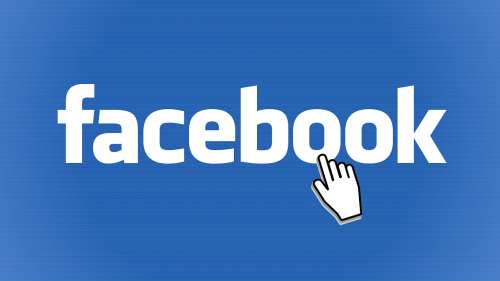We all know the basic “like” button. Now we can also love a post, show that it made us laugh with the “haha” reaction, show surprise with the “wow” reaction, and even ‘react’ with sadness or anger. The point here is: how is this going to affect the interaction between marketers and Facebook users? According to Mark Zuckerberg, “Love” is the most popular reaction so far.
When people react to a post, it will show the three top reactions to the post and the name of your top friends that reacted to that post.
Obviously, before sharing this new way to interact, Facebook did a lot of research analyzing how people reacted when users posted something positive: usually getting more likes than comments; and when people posted things with negative, sad or angry feelings: people reacted commenting to give support to this person rather than only liking the publication.
This is where it gets interesting. With ‘reactions’ now you can show more easily the way you feel about a post without the necessity to explain your reaction with a comment. With the like button sometimes you needed to write a comment to show how you felt about the post. Now you can show that it angered you or that it made you happy, or even that you’re surprised – without the urge to comment why. This may affect the way marketers interact with people.
Imagine a post about a new product. With written comments it is possible to analyze how people perceive the product. With “reactions” it might be that they only react to the post without the need to write a comment about it. Thus it will be harder to analyze if they didn’t liked the product or how to improve it. We should look at the other side of the coin. With ‘reactions’ it is easier for users to express an emotion without the need to comment negatively. This is great because people will not necessarily see a negative comment, just a ‘reaction’. This is just an example of what could happen, but we need to keep in mind that it is not the same for every company and that we will see how “reactions” impact these interactions over time.
 Now, the Insight Facebook on your company page shows how many reactions your page received on your posts. The only thing that marketers should learn is how to interpret those reactions.
Now, the Insight Facebook on your company page shows how many reactions your page received on your posts. The only thing that marketers should learn is how to interpret those reactions.
Facebook announced that all reactions, even the “Angry” one, will count as likes. People who react in any way to a specific post, will be more likely to see similar posts in the future on their newsfeed. Over time, Facebook will determine how to make this more accurate with the user likings.
It will be an interesting subject to deal with later when people learn the correct way to use the reactions and understand how this affects the company and its advertising campaigns.
What do you think about Facebook new feature? Do you “like” the reactions? Comment below and tell us what you think….
